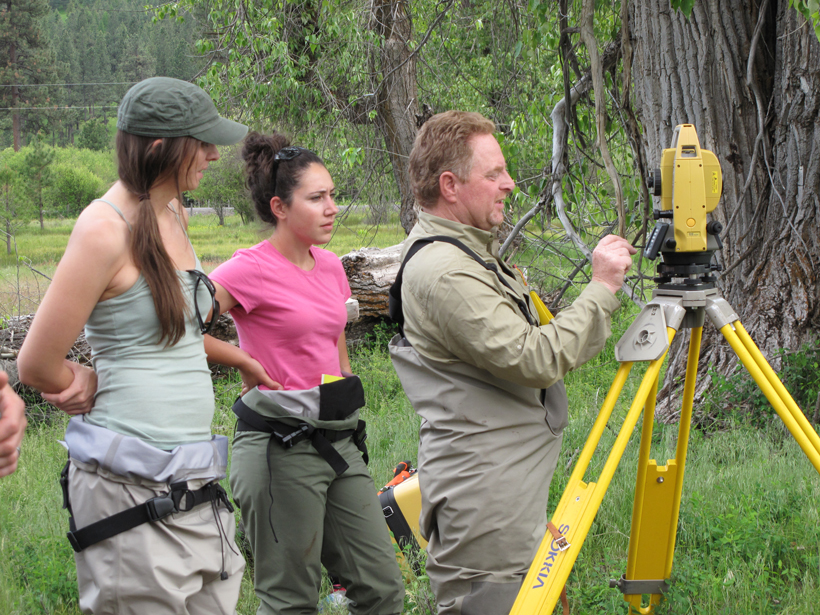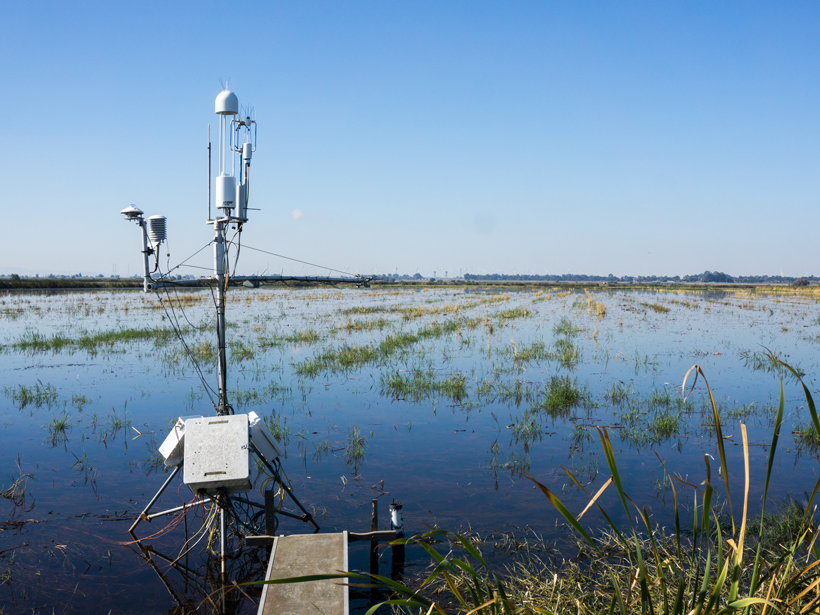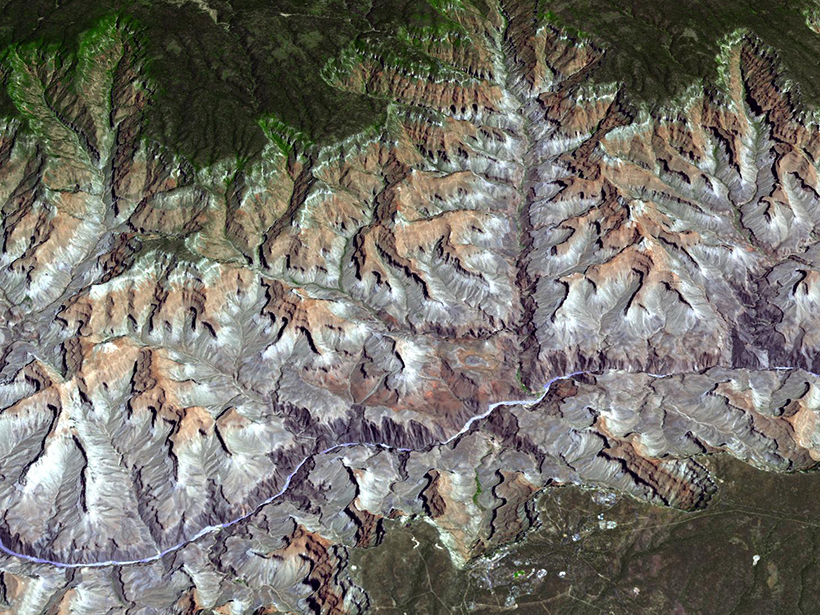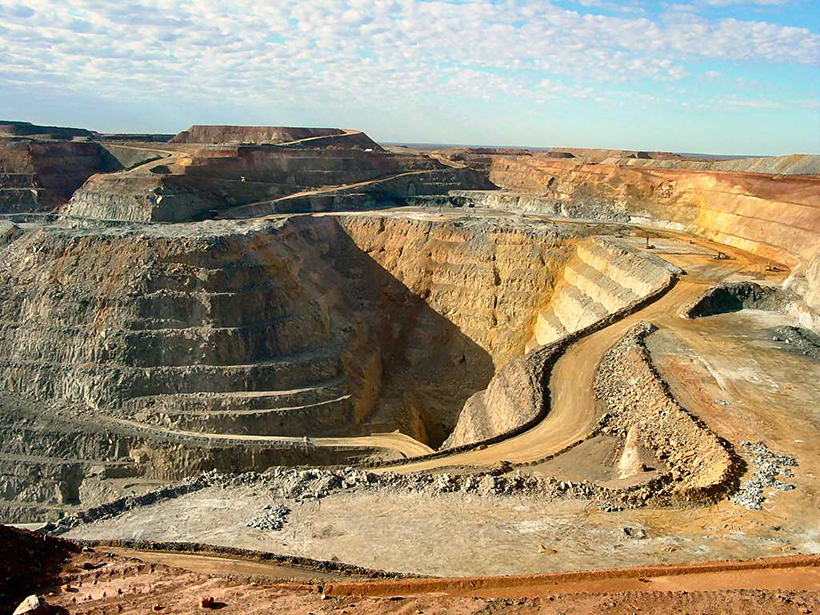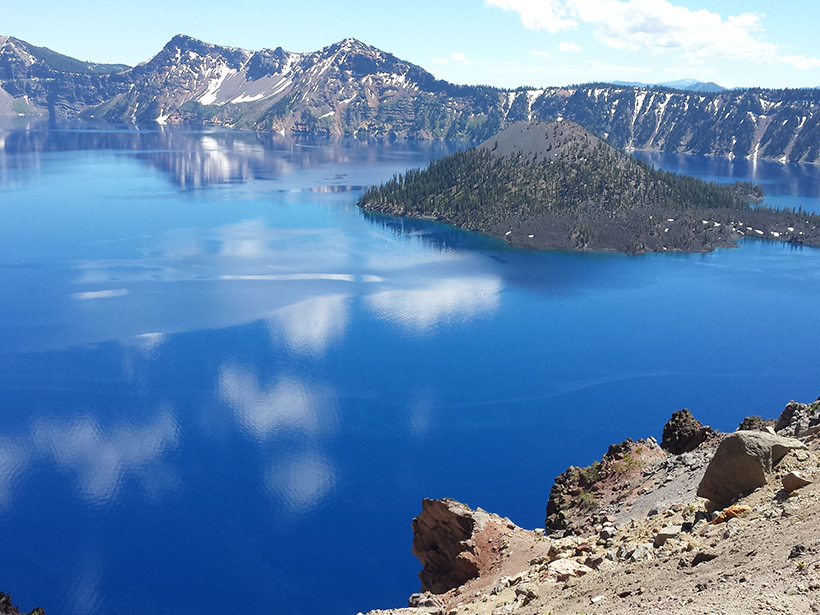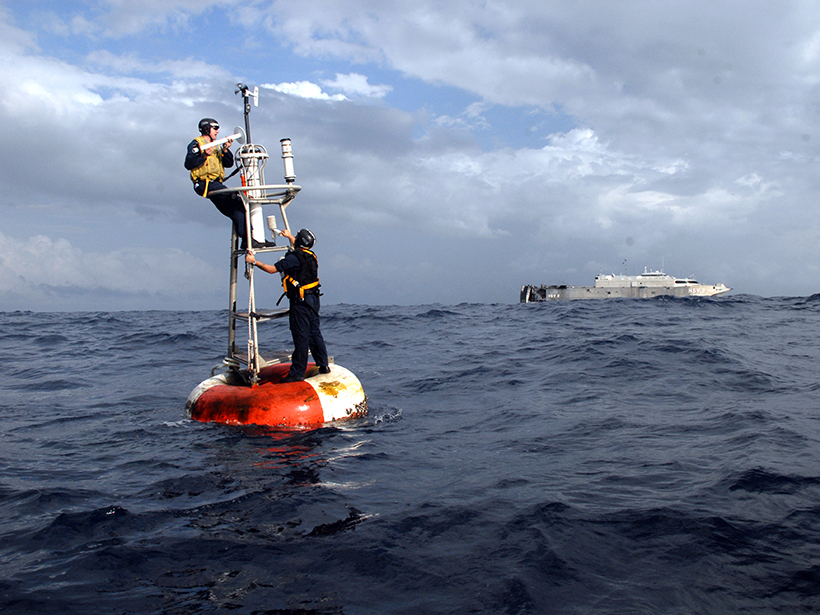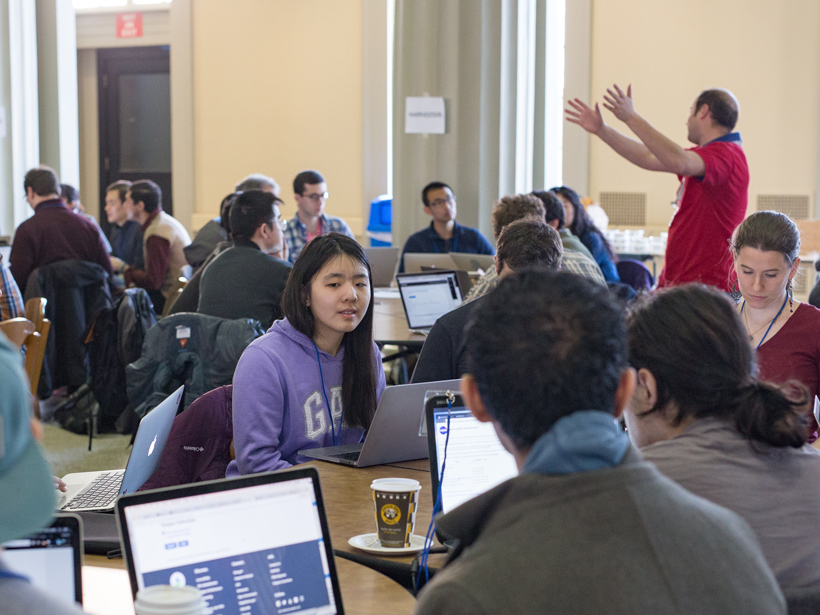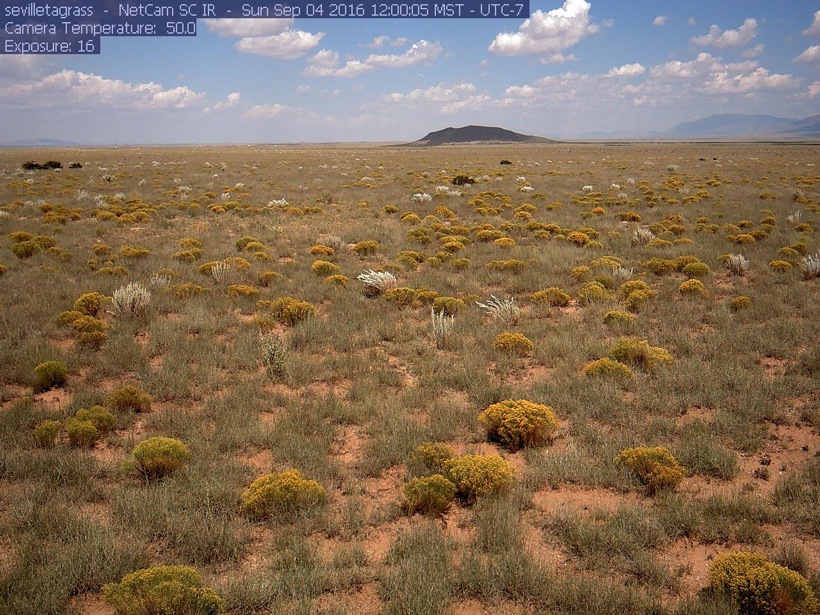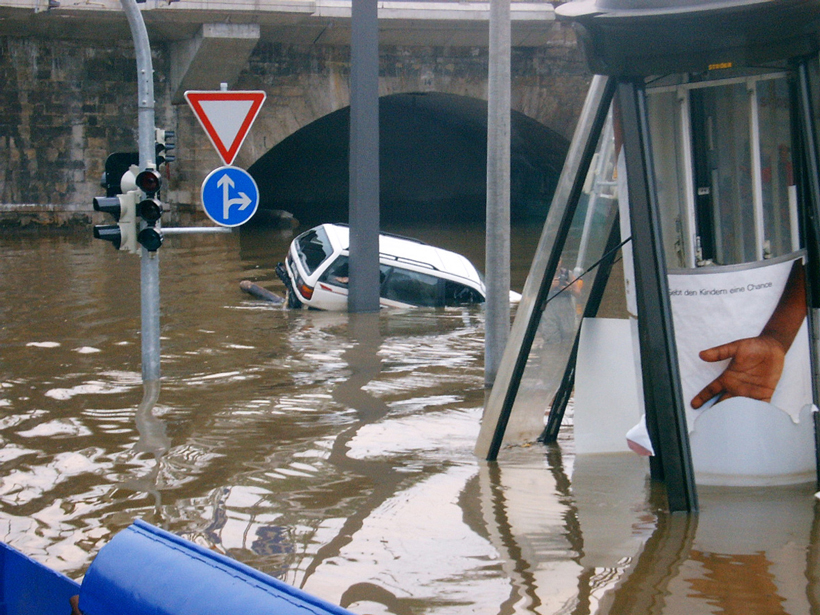Developing Enterprise Tools and Capacities for Large-Scale Natural Resource Monitoring; Fort Collins, Colorado, 12–13 October 2016
data management
A New Data Set to Keep a Sharper Eye on Land-Air Exchanges
FLUXNET2015, the latest update of the longest global record of ecosystem carbon, water, and energy fluxes, features improved data quality, new data products, and more open data sharing policies.
Stream Network Geometry Correlates with Climate
A "big data" analysis of nearly 1 million river junctions in the contiguous United States shows that branching angles in dendritic drainages vary systematically between humid and arid regions.
Global Drought Clustering Could Mean Big Losses for Mining
Long-term climate records could help mining companies and their investors assess the financial risk of water shortages.
Water Quality Database Offers New Tools to Study Aquatic Systems
Researchers assess the federal Water Quality Portal, a Web portal that unites disparate water quality data sets and resources.
Expanding a 300-Year Record of Marine Climate
Fourth International Workshop on the Advances in the Use of Historical Marine Climate Data; Southampton, UK, 18–22 July 2016
Activists Set Out to Save Data, One Byte at a Time
Leaders of the DataRefuge movement hope that volunteer efforts across the country can stop government data from disappearing.
Martian Mantle Models Pave the Way for NASA's InSight Lander
The most detailed simulations to date of how heat flows through Mars's interior are good news for the upcoming lander and will help scientists interpret its data.
Integrating Multiscale Seasonal Data for Resource Management
Workshop on Phenology at Scales from Individual Plants to Satellite Pixels; Cambridge, Massachusetts, 21–23 June 2016
Using Archives of Past Floods to Estimate Future Flood Hazards
Cross Community Workshop on Past Flood Variability; Grenoble, France, 27–30 June 2016

